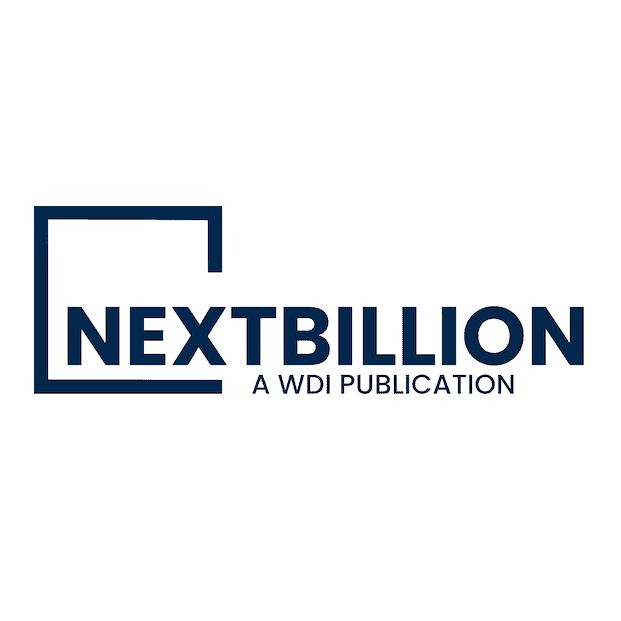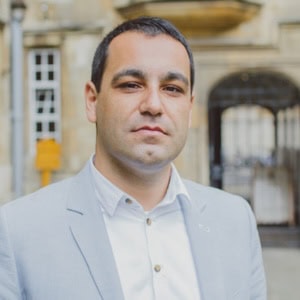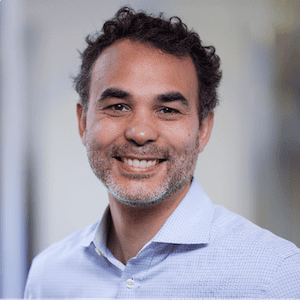-
Accelerating to Investment: Four Strategies for Securing Follow-on Funding for Fintech Startups
Every startup wants to secure funding for growth. Yet for many fintech startups, especially in emerging markets, capital is scarce, business models are unproven, and investors are unfamiliar with the sector – so funding runs out before they can achieve impact. Under these challenging circumstances, BFA's Catalyst Fund accelerator has helped its early-stage, inclusive fintech startups raise substantial investment capital. Maelis Carraro and Malika Anand at BFA explore the secrets to its success.
-
‘Appeasement Reporting’ in Development Projects: Satisfying Donors at the Expense of Beneficiaries
“Appeasement reporting” is a common practice among development organizations, says Richard Tinsley. The term refers to their tendency to slant donor reporting, making all projects appear successful and concealing any failures or lack of beneficiary interest. This appeases donors hoping for impactful projects – but it has a detrimental effect on beneficiaries, future projects and the organizations involved. Tinsley explores the causes and consequences of this practice, using the example of farmer co-ops for smallholders.
- Categories
- Agriculture, Impact Assessment
-
After Rana Plaza – Do Consumers Care About Supply Chain Transparency? Our Research Shows They Do
The Rana Plaza factory collapse in Bangladesh killed over 1,100 people and revealed the horrific conditions that many garment workers endure. Yet it's difficult for apparel makers to create transparent supply chains, and the benefits to their bottom line are not always clear. Do customers really care – and are they willing to reward a company for socially responsible efforts? According to research from Tim Kraft and Yanchong Zheng at the Sloan School of Management, the answers are yes and yes.
- Categories
- Uncategorized
-
A Microfinance Pioneer Branches Out: Early Learnings from FINCA’s Experiences as an Impact Investor
Some three decades after launching its work in microfinance, FINCA International has gotten into impact investing. Hoping to better understand emerging innovations and their impact on its customers and operations, FINCA Ventures has invested in six social enterprises operating in sub-Saharan Africa. Ami Dalal, the initiative's managing director, discusses the lessons it has learned so far, and how these investments improve FINCA's business strategy while furthering its mission.
-
From Iowa to India: The Importance of Entrepreneurship in Promoting Human Dignity
Farmers in both developed and emerging countries are facing similar challenges, from water shortages and climate change to stagnant crop prices. With many Indian farmers abandoning their rural communities in favor of growing urban centers, Chris Owen, a University of Michigan student and 2018 WDI Global Impact Fellow, asks how cities will meet their residents’ need for food, water and gainful employment. He explores the work of Poornatha, a Madurai-based social enterprise that’s tackling these issues through entrepreneurship education.
- Categories
- Agriculture, Social Enterprise
-
Electricity is Just the Beginning: Why Off-Grid Solar Opens the Door to Value-Added Services
Lack of energy access is a much-discussed issue in rural households and businesses across the developing world. But according to Mansoor Hamayun, CEO of BBOXX, electricity is just the beginning: Solar home systems could lay the foundation for a host of related services that could transform the quality of life in off-grid communities. Hamayun discusses “Tomorrow’s Rural Home,” BBOXX’s vision for the off-grid home of the future, which shows how solar energy access could create new markets and power economic growth in Africa and beyond.
- Categories
- Energy, Social Enterprise, Technology
-
Still White, Still Male: New Report Quantifies Impact Investing’s Diversity Problem
As interest and investments have grown, it’s time for an honest conversation about whether impact investing is perpetuating the inequalities it seeks to address, says Bonnie Chiu, managing director of the Social Investment Consultancy. She shares highlights from a new report that illuminates the challenges faced by women, ethnic minorities and others trying to break into leadership positions in the U.K.’s impact investing sector – and explores the broader implications of this research for the global industry.
- Categories
- Investing
- Tags
- impact investing, research
-
How to Help Social Enterprises Scale: New Research Suggests it’s Not Just About Financial Capital
For businesses that need to scale, human capital support can provide long-lasting benefits. But Mark Horoszowski, co-founder and CEO at MovingWorlds.org, says that in spite of the value of investing in the people behind the enterprises, initiatives for capacity building, coaching and consulting largely go underfunded. Horoszowski explores findings from a first-of-its-kind report that show the power of human capital, and discusses three paths for building talent in the sector.
- Categories
- Investing, Social Enterprise










